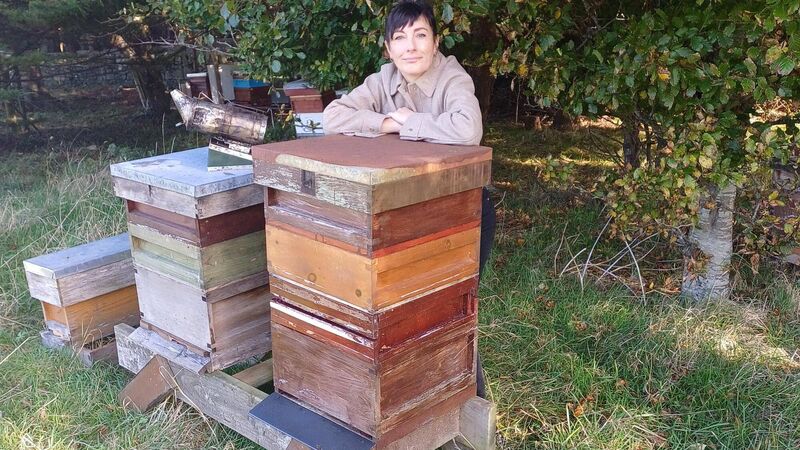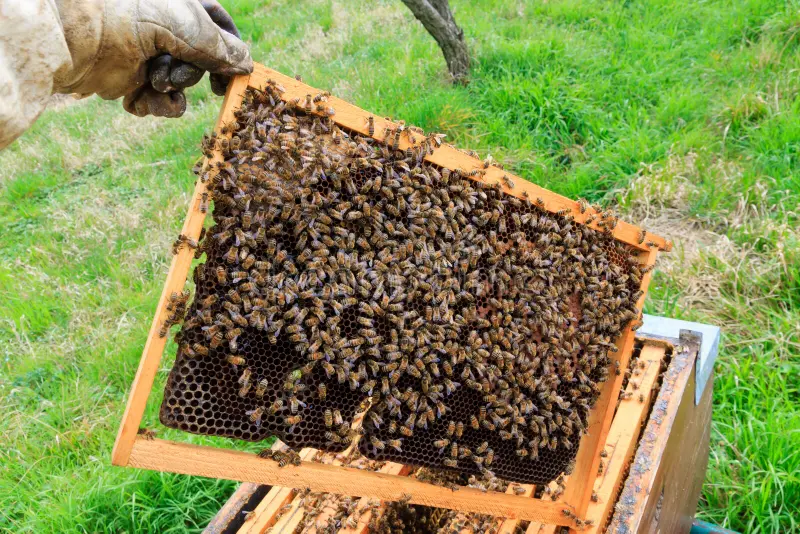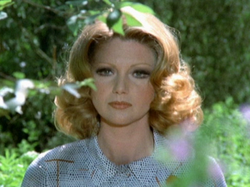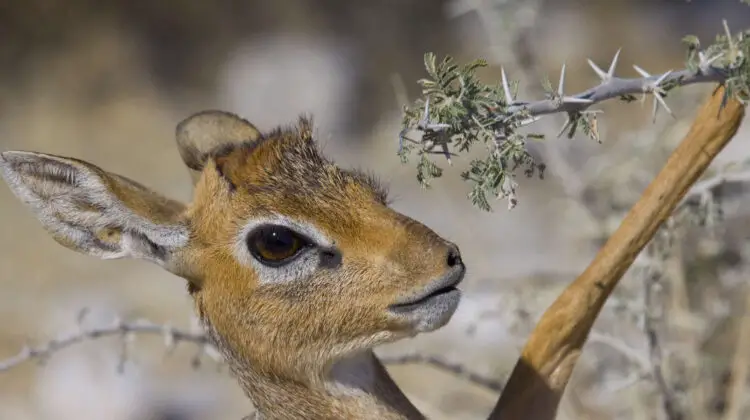Telling the Bees: The Ancient Tradition That Honors Life’s Milestones
In the quiet hum of a beehive, there’s an ancient tradition that has long been forgotten by many, but which once carried deep significance in the lives of beekeepers across Europe and beyond. The practice of “telling the bees” is a charming custom where beekeepers would share important life events with their bees, ensuring that the hive was kept informed of births, deaths, marriages, and other significant milestones. This ritual, rooted in ancient beliefs and folklore, is a fascinating reminder of how deeply intertwined humans once were with the natural world—and how much respect they held for these tiny, industrious creatures.
Let’s explore the origins of this captivating tradition, its cultural significance, and how it reflects a relationship between humans and bees that goes beyond mere honey production.
The Origins of the “Telling the Bees” Tradition
The custom of telling the bees is believed to have its roots in Celtic mythology, where bees were seen not just as hardworking insects but as messengers between the human world and the spirit world. In these ancient traditions, bees were thought to have mystical qualities, capable of communicating with the dead and the divine. It was believed that the presence of a bee after a death signified the soul’s departure from the body, making the bee a symbolic creature of life and death.
In some Celtic beliefs, bees were considered to have access to hidden knowledge and the ability to bridge the gap between the living and the dead. This idea of bees as intermediaries between worlds carried into European folklore, where the tradition of telling the bees became a ritual of great importance.
The practice was particularly prominent in 18th and 19th-century Western Europe and the United States, where beekeepers would “inform” their bees of important events—whether joyful or sorrowful—to ensure the hive’s wellbeing. It was believed that if the bees were not told of a death or other important occurrence, they might abandon the hive, stop producing honey, or even die themselves. Conversely, by sharing the news with the bees, the beekeeper was thought to keep the colony content, harmonious, and productive.

The Ritual of Telling the Bees
The custom of telling the bees was not just a casual announcement; it was a quiet, solemn ritual, typically carried out by the head of the household or the “goodwife.” The procedure was deliberate and respectful. The beekeeper would approach the hive in a calm, reverent manner, gently knocking on the hive to get the bees’ attention. This knock was believed to serve as a signal to the bees, letting them know that something important was about to be shared.
Then, in a soft and deliberate voice, the beekeeper would speak to the bees, telling them the news. If there was a death in the family, the beekeeper would announce it, and if there was a birth, they would share the joyful news. Marriages, illnesses, and other significant events were similarly communicated. Some rituals even involved covering the hive with black cloth as a sign of mourning or grief, and in some regions, the beekeeper might leave a small offering, such as honey, for the bees.
The act of telling the bees was a deeply personal and spiritual practice. It was believed that by keeping the bees informed, the beekeeper maintained a bond of trust and harmony with the hive. Bees were seen not as mere insects but as integral members of the household, almost like family. This connection reflects the broader view of bees as symbols of community, cooperation, and continuity.
Bees: More Than Just Honey Makers
The tradition of telling the bees highlights how vital bees were to daily life, especially in rural communities. Bees were not just valuable for their honey, but also for their symbolic presence. They represented fertility, prosperity, and the cycles of life and death.
Beekeepers depended on their hives for sustenance, and the bees’ wellbeing was closely tied to the family’s fortune. Honey was a prized commodity for food, medicine, and even as a form of currency in some places. Therefore, the health and happiness of the hive were of utmost importance.
The custom of “telling the bees” reflects this profound respect and connection, reminding us that people once saw bees not as mere producers of honey but as partners in life—participants in the natural rhythms of the world.

Reviving the Tradition: A Modern-Day Reflection
While the custom of telling the bees has largely faded from practice, it still carries a rich cultural legacy, one that modern beekeepers and nature lovers may find fascinating. In today’s world, with the rapid decline of bee populations due to factors like pesticides, habitat loss, and climate change, there’s a renewed interest in understanding the essential role that bees play in our ecosystems.
Some modern beekeepers, inspired by the old traditions, are once again adopting practices that promote a harmonious relationship with bees, focusing not only on honey production but also on the health and welfare of their hives. This involves sustainable beekeeping methods, such as ensuring bees have enough food in the winter, maintaining healthy hive conditions, and minimizing disturbance to the colony.
By rekindling a deeper connection with the bees, we might not only preserve these precious insects but also remind ourselves of the profound respect and reverence they once commanded. The tradition of telling the bees offers a beautiful metaphor for how we should care for and understand nature—by communicating, respecting, and coexisting with the creatures that share our world.
Conclusion: The Sacred Bond Between Beekeepers and Bees
The tradition of telling the bees, though quaint and unusual, is a poignant reminder of the deep connection humans once had with the natural world. It speaks to an era when bees were seen as more than just pollinators; they were symbolic guardians of life’s transitions, acting as messengers between worlds. While this tradition may no longer be practiced widely, it highlights the profound relationship between beekeepers and their hives, one built on respect, reverence, and understanding.
In a world where environmental concerns are at the forefront, perhaps it’s time to rekindle that old respect for bees—not just as honey producers, but as essential and sacred members of the natural community. By caring for them and maintaining a balanced, respectful relationship, we can ensure that the humble bee continues to thrive for generations to come.






